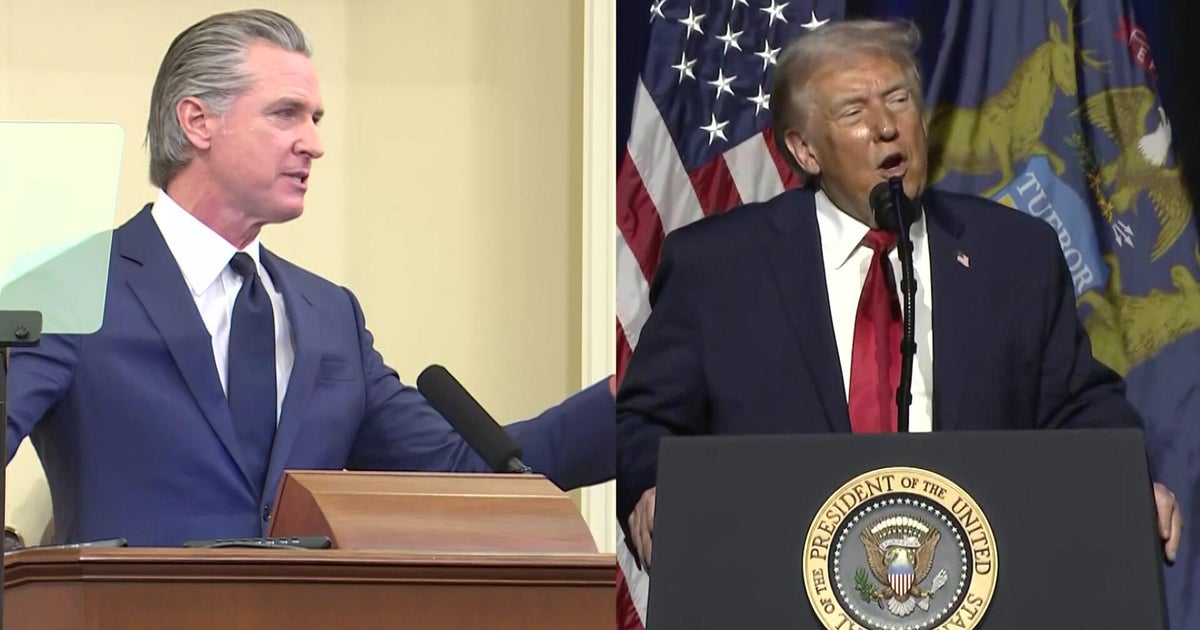House Democrats try to force floor vote on foreign aid for Ukraine, Israel, Taiwan
Washington — House Democrats are trying to force a floor vote on a bipartisan Senate bill that would provide aid to Ukraine, Israel and Taiwan, since House Republican leaders have been resisting pressure to take up the legislation.
Democrats are using a rarely successful legislative maneuver called a discharge petition to try to bypass Republican leaders. They'll need 218 signatures to force a vote on the Senate bill.
The discharge petition went live Tuesday morning, and had dozens of signatures within hours of the announcement.
Democrats, who hold 213 seats in the lower chamber, would need Republicans to sign the petition because they are likely to lose the support of progressives over the inclusion of Israel aid. Progressives have been highly critical of Israel over the war in Gaza.
"What we're asking our colleagues — Democrats and Republicans — is to sign the discharge petition that will bring to the floor the Senate national security bipartisan supplemental. That is the fastest and easiest way to solve this issue," House Democratic Caucus Chairman Pete Aguilar of California said Tuesday during his weekly news conference.
But the Democrats' discharge petition faces a competing effort from Rep. Brian Fitzpatrick, a Republican from Pennsylvania who co-chairs the moderate and bipartisan Problem Solvers Caucus.
Fitzpatrick has introduced a smaller bipartisan foreign aid bill that includes border security measures. His discharge petition opened for signatures a couple hours after the Democratic version. He said last week that he's not trying to work around GOP leadership, but that his use of a discharge petition is about "putting a clock on a time-sensitive matter."
Rep. Don Bacon, a Nebraska Republican who co-sponsored the Fitzpatrick bill, said Tuesday the Democrats' version is dead on arrival and predicted about 150 Republicans and 100 Democrats would support Fitzpatrick's. They could get to 218 signatures through the amendment process, he said.
Aguilar pointed out that Fitzpatrick's version, which would need Democratic support, lacks humanitarian aid and would then have to go to the Senate for approval, "and that could take weeks or months to deliver the critical aid that's necessary."
Senate Minority Leader Mitch McConnell called on House Speaker Mike Johnson, a Louisiana Republican, to allow a vote on the Senate's foreign aid bill in the lower chamber.
"I want to encourage the speaker again to allow a vote," the Kentucky Republican said Tuesday. "Let the House speak on the supplemental that we sent over to them several weeks ago."
Ellis Kim contributed reporting.







